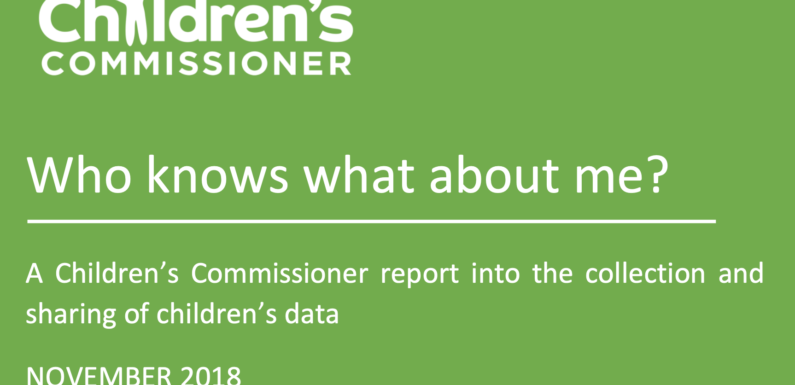
A few weeks ago, I noticed a friend’s post on Facebook and recall being completely alarmed. He had posted a photo of a drawing made by his young son and the drawing had the full details of name, class, section, school name where the kid studied. And the photo was posted as a ‘public’ post on Facebook, not even for ‘only friends’.
I alerted him as soon as I saw the update and he subsequently posted an edited version of the same photo, removing the personally identifiable details.
Now, you could term my alarm unwarranted. What can anyone do knowing the finer details of that child? In a movie-like plot, a lot can happen with those details, but offline, in schools, there are a lot of checks and balances to avoid such things from happening.
A bigger worry that plagues me is the kind of perception we’re building about our children online when we talk about them.
If a parent complains that her child, at age 8, 9 or 10, seems very distracted and doesn’t like certain things, the parent’s friends/connections and a lot of strangers, if the same is posted on Twitter or Instagram, would form a mental image of that child as being difficult.
The reverse is true too – if a parent says great things about the child, then they all form a perception of that child being very talented.
Why are these a problem? Assume the child grows up and enters a college or a job. If someone who has read the updates from the parents in the past and eventually makes the connection of this-child, that-parent, they would have certain pre-conceived notions or expectations on the child, now-an-adult. The kid’s individuality would be buried under those expectations.
It gets far, far worse if the same perception is not built by individuals, but by algorithms. Individuals, at least,
(a) may forget the nuanced details about the child they read some years ago, or
(b) may be more open to considering the child as a unique individual removed from the parents’ perception of who and how the child is, or
(c) even consider the age difference before assuming what was said before by the parents as being true for a grown-up version of the same child…
… but algorithms are far more reductive and brutal. Behavioral traits of children that algorithms pick up from parents’ public social media posts could decide on a lot of things – like credit-worthiness, health, attitude!
The Children’s Commissioner of England (I had no idea there was a role like this, in any country, until I saw this report) has recently released a (PDF, 1.3MB) on this subject. Given that most parents don’t even think twice before saying something about their children, this report is an essential read. It’s also a very important read for Governments of all countries, to work together in formulating policies and guidelines for technology companies to adhere to.
